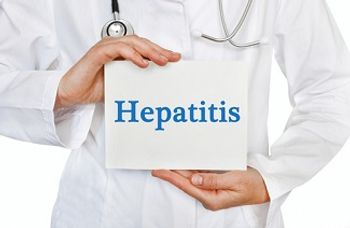
Despite a large number of new infections globally, an international survey shows real reservations by people to get screened and limited knowledge about the risks, thus preventing them from seeking needed treatment.

Despite a large number of new infections globally, an international survey shows real reservations by people to get screened and limited knowledge about the risks, thus preventing them from seeking needed treatment.

Anchalee Avihingsanon, MD, PhD presents results showing 95.4% HIV RNA suppression and 86.6% HBV DNA suppression after 48 weeks of B/F/TAF in HIV-HBV co-infected patients.
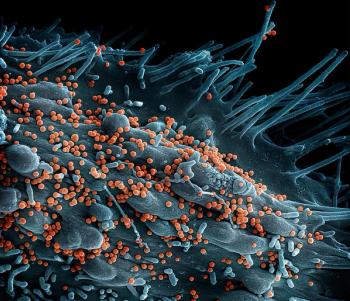
The vaccine is based on an attenuated rabies vaccine that was subsequently inactivated to make the vaccine candidate. The National Institutes of Health (NIH) is sponsoring the trial.

David Berman, MD, PhD, discusses signs of dose-dependent viral control and reduction in active HIV reservoir in Phase 1/2 STRIVE trial data.
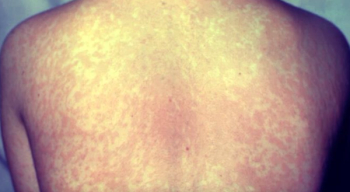
Cases in the US continue to increase, and a new analysis shows 2024 was the highest year for measles cases in Europe in 25 years.
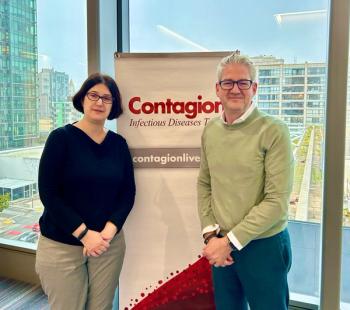
Phase 1 data on VH184, a third-generation integrase strand transfer inhibitor, and VH499, a novel HIV-1 capsid inhibitor, highlighting their antiviral potency, safety profiles, and potential for long-acting injectable formulations.

Carl Schmid, executive director, HIV + Hepatitis Policy Institute, explains how a Supreme Court case could have far reaching implications for greater health screenings and preventative services beyond HIV and hepatitis.

A coalition of employers, the US Business Action to End HIV, sent a letter to Congress outlining the continued need for support from the federal government.

New data at CROI 2025 shows zero cases of HIV acquisition reported with Apretude (cabotegravir long-acting (CAB LA) for PrEP in varied clinical settings and populations in 2 implementation studies in the US and Brazil.

Shionogi’s investigational antiviral is the first COVID-19 oral therapy that has shown this distinction.

Sarita Shah, MD, MPH, reveals a decline in timely ART initiation from 86.5% in 2019 to 83.9% in 2020, with viral suppression rates dropping from 91.1% to 84.7%, before showing signs of recovery by 2021.

Colleen Kelley, MD, MPH, offers some insights on where we are today with the state of HIV prevention including the expanding PrEP options, why PEP is underutilized, and the challenges behind HIV vaccine development.
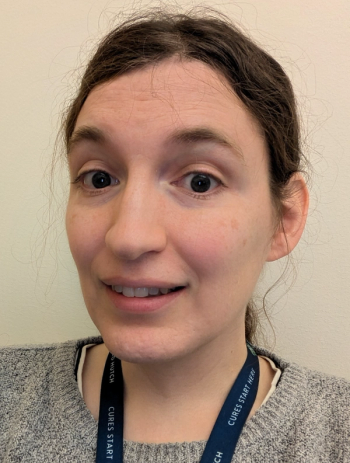
Mia Moore, PhD, presents findings showing 74% reduction in hospitalizations and key insights into primary vaccination and booster impact on population immunity in Washington and Oregon.

Thumbi Ndung'u, BVM, PhD discussed the safety and partial virologic control observed in a Phase 2a trial using broadly neutralizing antibodies and vesatolimod in HIV treatment interruption.

In a blinded phase 3 study, doravirine and islatravir was compared to antiretroviral therapy, BIC/FTC/TAF (Biktarvy), and it was shown that there was no between-group differences in mean change in CD4 T-cell or total lymphocyte count at week 48.

In a long-acting dose regimen, an investigational antibodies treatment is a potent antiviral that can function as a component of a complete antiretroviral regimen.

Georg Behrens, MD, PhD, highlights superior virological suppression and immune recovery with bictegravir-based therapy in therapy-naïve individuals with advanced HIV disease.
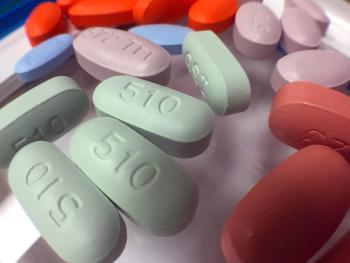
In a small study, investigators found they could reduce the antiretroviral therapy (ART) dosing to longer durations and the treatment remained safe and efficacious.

New pharmacokinetic data, shared by Moupali Das, MD, MPH, reveal long-lasting plasma concentrations, surpassing twice-yearly subcutaneous formulation for HIV prevention

Beatriz Mothe, MD, PhD discusses the Phase 1/2 STRIVE trial of IMC-M113V, a T cell receptor bispecific therapy targeting HIV-infected cells
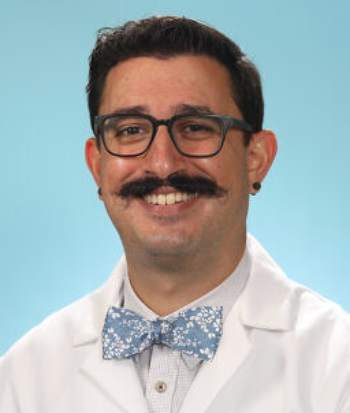
Joseph Cherabie MD, MSc, explains the importance of how these 2 components go hand-in-hand, and what it means to continue forward in spite of being in an unpredictable time.

Kellie Hawkins, MD discusses the findings along with the challenges of diagnosing Long COVID in people with HIV, emphasizing the need for improved clinical recognition and education.

At CROI 2025, researchers from Université de Montréal discuss how fostemsavir could target residual viral fragments and reduce inflammation.
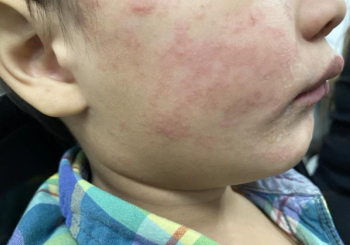
Texas is experiencing its largest measles outbreak in 30 years and the Centers for Disease Control and Prevention's (CDC) Epidemic Intelligence Service is providing support there. Here is an overview on testing, disease presentation, and vaccination, as well as commentary on the public health impact of vaccine hesitancy, and the unintended consequences of the immunization program’s success.

Nilu Goonetilleke, LLBHons, BScHons, PhD, presents findings showing the bivalent HIVconsvX vaccine targets both Mosaic-1 and Mosaic-2, resulting in broader immune responses.

Nilu Goonetilleke, LLBHons, BScHons, presents findings from the phase 1 study, showing a 50% reduction in T cell response with age, while 85% of participants demonstrated strong immune responses.
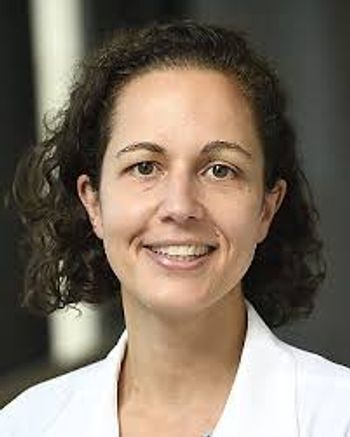
Annie Antar, MD, PhD, offers insights around her research on her findings on this subject.
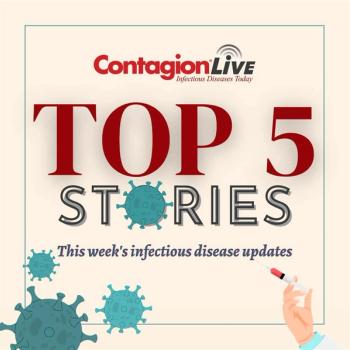
Emblaveo for multidrug-resistant infections, advancing RNA therapies and new vaccine options, Vaxart's oral norovirus vaccine, and synthetic gel for ABSSSI, and more.

Stacy Lindborg, PhD, highlights the vaccine’s immune response, safety, and global distribution potential.
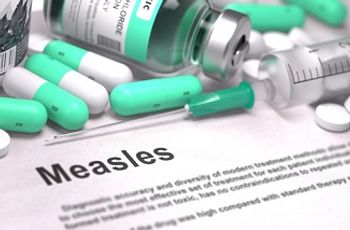
The official cause of death is still under investigation by the New Mexico Office of the Medical Investigator, though the individual tested positive for the measles virus.